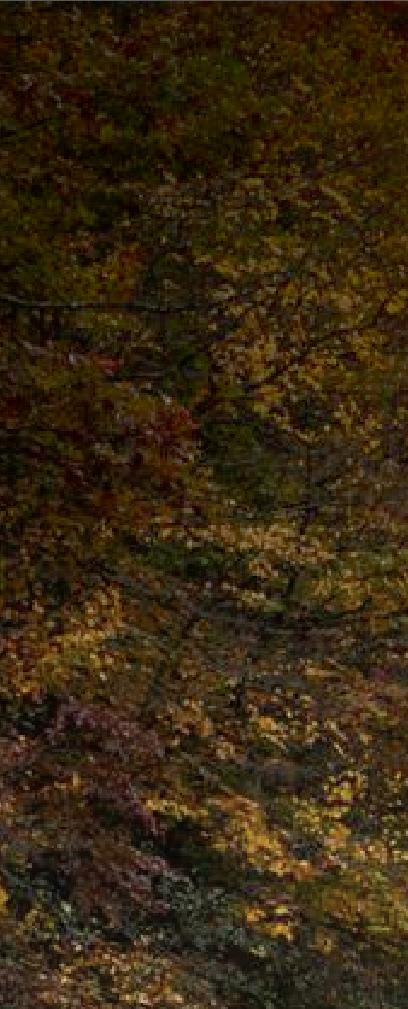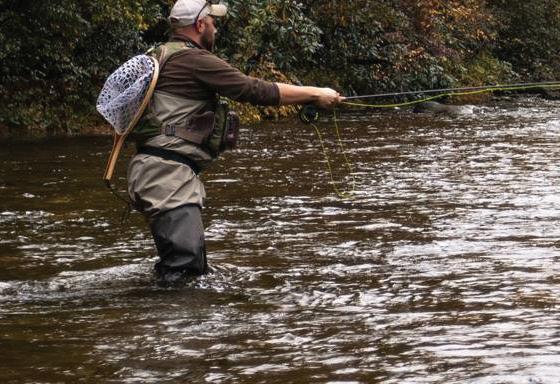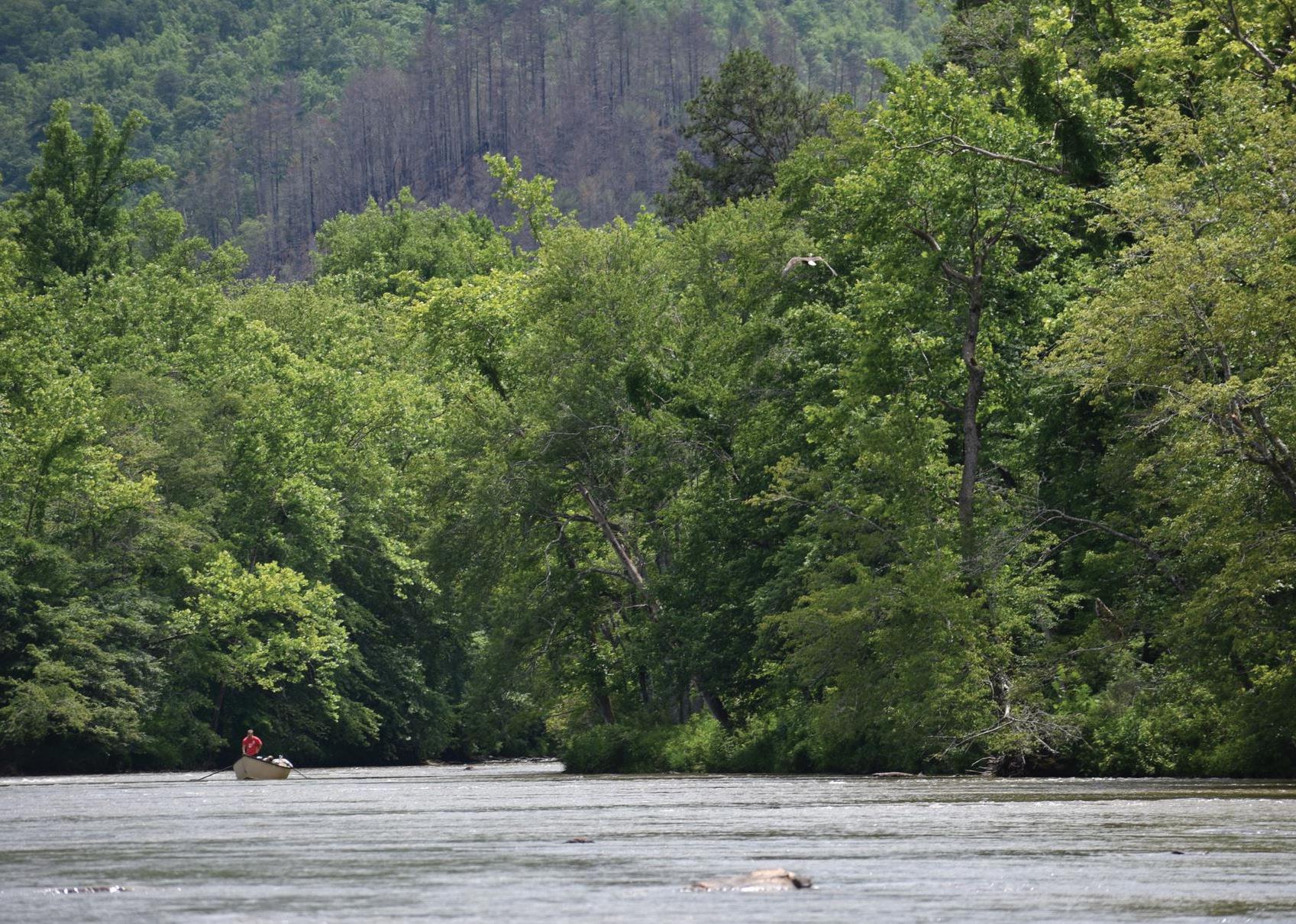
2 minute read
A Reel Legend
When and how did you start fly fishing?
As a child, I was heavily influenced by my Grandfather, Arnold Sluder, as he was the consummate outdoorsman and instilled a love for fishing as early as I could physically hold a rod. I focused on fishing for bass on our family farm in Alexander, with the occasional trip to the French Broad River, until becoming a teen when I started fishing various streams and creeks, in the Asheville Surrounds, for Trout.
Did you always want to pursue it as a career?
Now that I’ve been a full-time Fishing Guide for ten years, if you asked me eleven years ago, I would have laughed at the thought of this being my career. In 2012, I was in a near-fatal accident requiring a recovery time of 18 months, and I couldn’t lift over ten pounds. That said, I literally wadefished the Tailwaters of East Tennessee and the small creeks and streams of Western North Carolina for a year and a half! After doing so, it simply made sense back then, and I’ve never looked back!
What makes Asheville an ideal place to go fly fishing?




To make a long story short—the Asheville surroundings simply have it all! With thousands of miles of Trout streams within an hour of the Asheville Metro, you can do it all; wild water, hatchery-supported, delayed harvest, or high-elevation fishing for Brook Trout, which is the only true Western North Carolina native species and one of my favorites to fish for.
What are some of the best places to fly fish in or near Asheville?
There are so many to choose from. The Davidson River in Brevard offers some technical fishing while also catering to beginners, depending on the section of water you prefer. The French Broad, running right through the center of Asheville, offers excellent Smallmouth fishing when the water becomes low and clear enough.
Are there any misconceptions about fly fishing that beginners often have?
The most popular is that fly fishing is more challenging than fishing with traditional gear. It is just a different motion where most people can find success in a short amount of time while working with a Guide or one of many free classes the industry offers, such as the Orvis FF101 classes at the Biltmore Park location. Just run in and ask to speak with Andrew to find out more about this great program!
What is the most rewarding part of your job?
Getting beginners on their first fish is simply the best. You can see their smiles from miles away. I also enjoy working with anglers who, in some cases, have fished around the world to finetune their techniques. It’s interesting to see because the Tennessee Tailwaters I guide can be challenging to even the best anglers.
What efforts do you make to preserve the environment? Are there sustainability best practices?
Getting involved and staying involved with management organizations in the area is always helpful, like the local chapters of Trout Unlimited. I also recently participated in a river cleanup, organized by the Over Mountain Chapter of T.U. and the Blue Ridge Guide Association, on the Watauga River and South Holston Rivers, where we cleaned up trash and debris in both rivers.
For more information about Hunter Banks Fly Fishing, visit www. hunterbanks.com or follow them on Instagram at @hunterbanksflyfishing.









